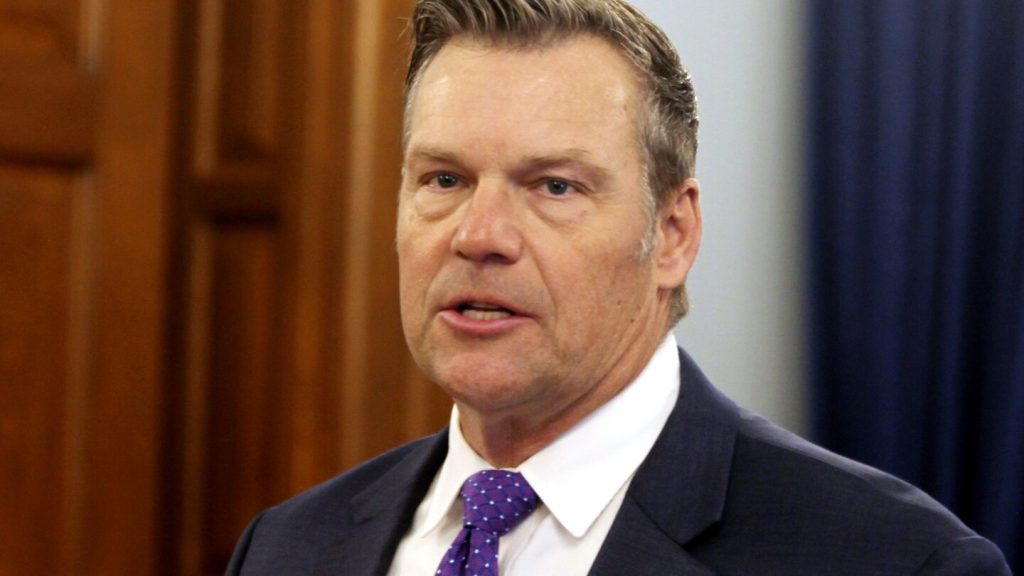The Kansas Supreme Court recently issued a ruling on a 2021 election law that addressed several challenges. The court upheld a ballot signature verification measure that requires election officials to match signatures on mail ballots to voter registration records. However, the court rejected arguments that this measure violates state constitutional voting rights, stating that there is no fundamental right to vote in the Kansas Constitution’s Bill of Rights. This decision drew fiery dissent from three justices who argued that Kansas citizens do have a fundamental right to vote.
On the other hand, the court sided with challengers of a provision that makes it a crime for someone to appear as an election official. Voting rights groups, including the Kansas League of Women Voters and Loud Light, argued that this provision suppresses free speech and inhibits their ability to register voters. The court agreed with the challengers, noting that the law criminalizes honest speech and ordered the lower court to reconsider issuing an emergency injunction against it. The League of Women Voters expressed confidence that the provision will be blocked when the case returns to the district court.
Kansas Secretary of State Scott Schwab and state Attorney General Kris Kobach focused on the court’s support of the signature verification law and a provision limiting the number of advance ballots an individual can collect. They stated that the ruling allows Kansas to preserve reasonable election security laws and combat ballot harvesting and voter fraud. Critics argue that these restrictions are a response to baseless claims of election fraud in the 2020 election, which have led to misinformation and voter suppression laws across the country.
The high court also upheld a limit on ballot collections, stating that voters have multiple methods to deliver their ballots and that collecting ballots does not fall under free speech protections. Former Kansas Secretary of State Kris Kobach defended the court’s decision, noting that the Legislature has the authority to establish proofs to ensure the identity of voters. The signature verification requirement is seen as a way to verify voters’ identities and maintain election integrity. The ruling is seen as a victory by supporters of the election law, while critics continue to argue that such measures suppress voter rights and access.
Overall, the Kansas Supreme Court ruling offered a mixed outcome for challenges to the 2021 election law. While some provisions were upheld, others were challenged and the possibility of an injunction against one provision remains. The debate over election laws and voting rights continues to be a contentious issue in Kansas and across the country, with supporters arguing for election security measures and critics pushing back against perceived voter suppression. The impact of this ruling on future elections and the ongoing debate over voting rights remains to be seen.


